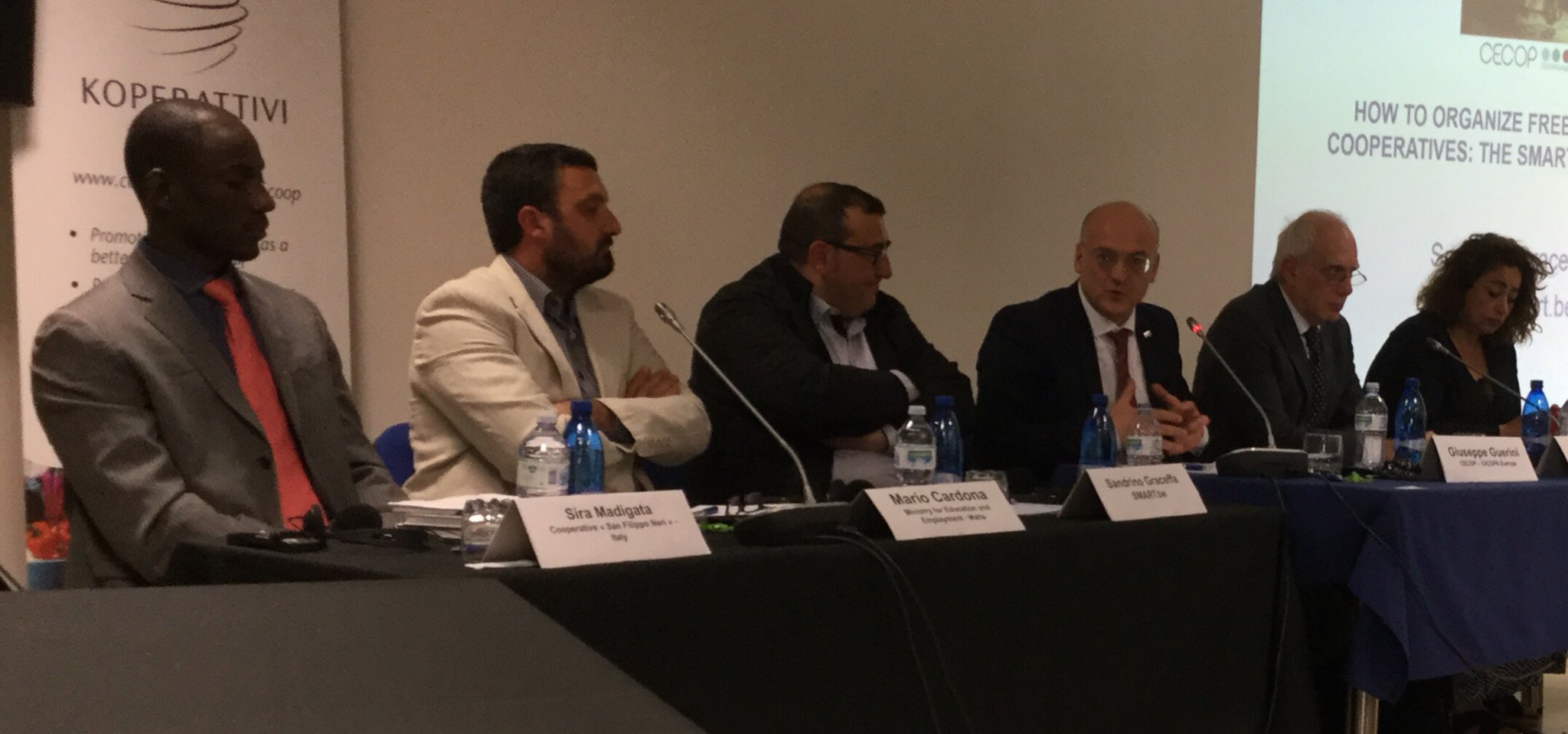Co-operatives active in industry and services marked the International Workers’ Day by highlighting how they can contribute to safeguarding sustainable employment.
According to a new study that will be released soon by CICOPA, “Co-operatives and Employment: Second Global Report,” co-ops represent 9% of the world’s employed population. The report reveals that co-ops provide employment to more than 272 million people across the world. The majority of these are individual producers (244m) working as self-employed as part of producers’ and freelancers’ co-operatives. By joining a co-op, these workers are able to achieve scale by pooling their resources, overcome isolation and precariousness and enjoy shared benefits such as accounting or marketing services.
The study also looks at the current trend of workers shifting from an employed to a self-employed status. The phenomenon is particularly common among home-based workers, domestic and care workers, waste pickers and street vendors, as well as in the construction sector. Other changes occurring at global level are a rise in global migration within some of these sectors and an increase in the number of IT platforms used, a trend described as “uberization”.
In response to these global trends, platform and freelance co-operatives are beginning to emerge across different sectors. The topic was the theme of a workshop looking at the future of work, which took place in Malta on 26 April.

The workshop, organised by CECOP-CICOPA Europe, featured a talk by Sandrino Graceffa, CEO of the Belgian cooperative of freelancer artists, SMART.Be. “Uber workers are proletarians who do what the platform asks them to do. They are not free to choose the client, the contract, etc. and at the same time the platform is managed to make them think they are autonomous workers so that they do not pay the totality of the cost of labour. In this way, subordinate workers are transformed into freelance workers. In SMART.Be, we do exactly the opposite, workers keep a high level of autonomy and they get the status of salaried workers”, he said.
Another example came from Sira Madigata, a Malian refugee who was found on a raft in the Mediterranean and is now a worker-member and a cultural intermediator at the San Filippo Neri social co-operative in Italy.
Simel Esim, head of the ILO’s COOP Unit also took part in the event. Speaking at the workshop, she highlighted the importance of having co-operatives promoting the ILO’s labour standards, particularly those included in the Fundamental Principles and Rights at Work and the concept of Decent Work, to which they have committed themselves through the ILO Recommendation 193 on the Promotion of Cooperatives.
Delegates also heard from Mario Cardona from the Maltese Ministry for Education and Employment, who underlined the importance of education to promote co-operative employment and work.
President of CECOP, Giuseppe Guerini, analysed the concept of citizens’ identity, which, he said, was no longer determined by work but rather by consumption. He argued for the need to promote the integration of both work and consumption into the identity of citizens, in the dual defence of both workers’ and consumers’ rights.
- The second edition of report Cooperatives and Employment will be released soon by CICOPA. The first edition of the study is available here.